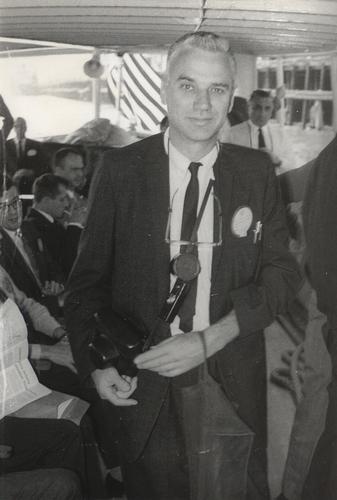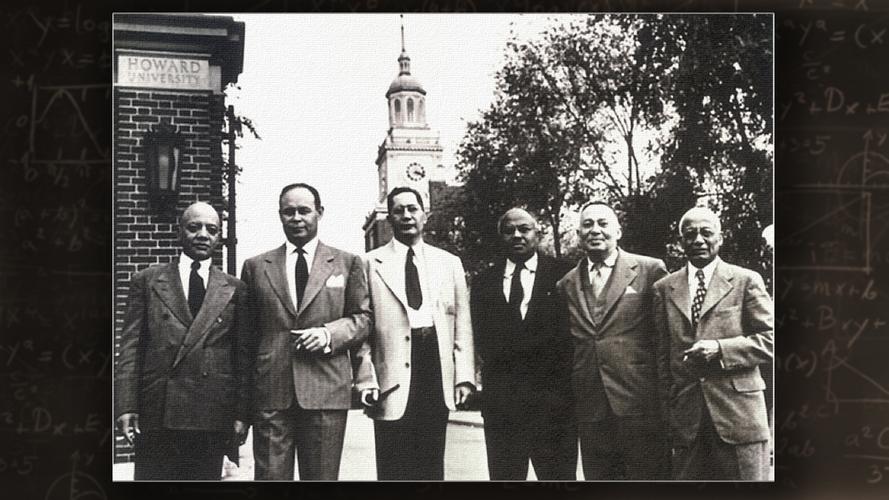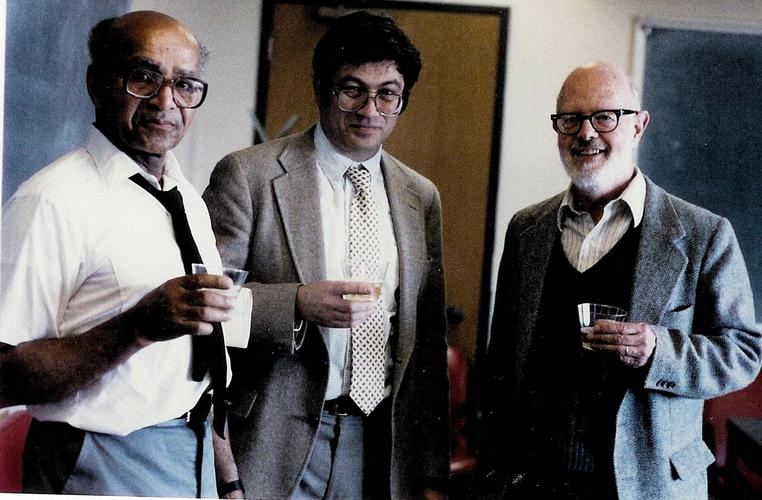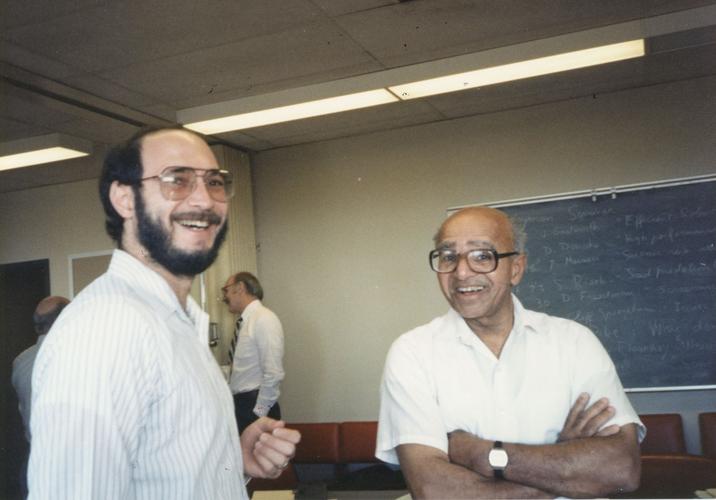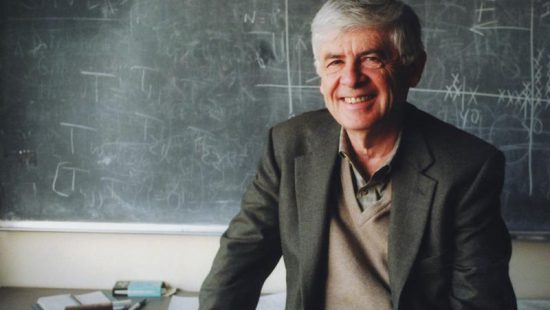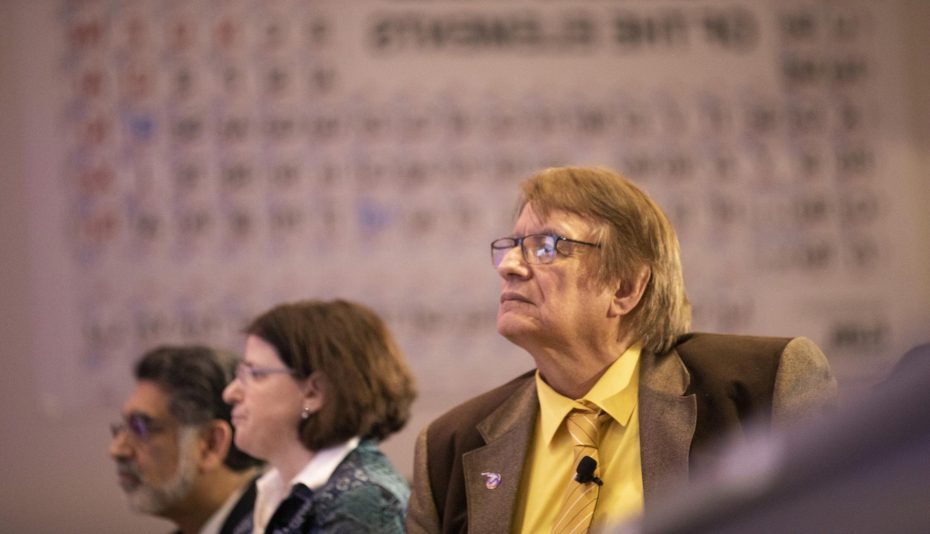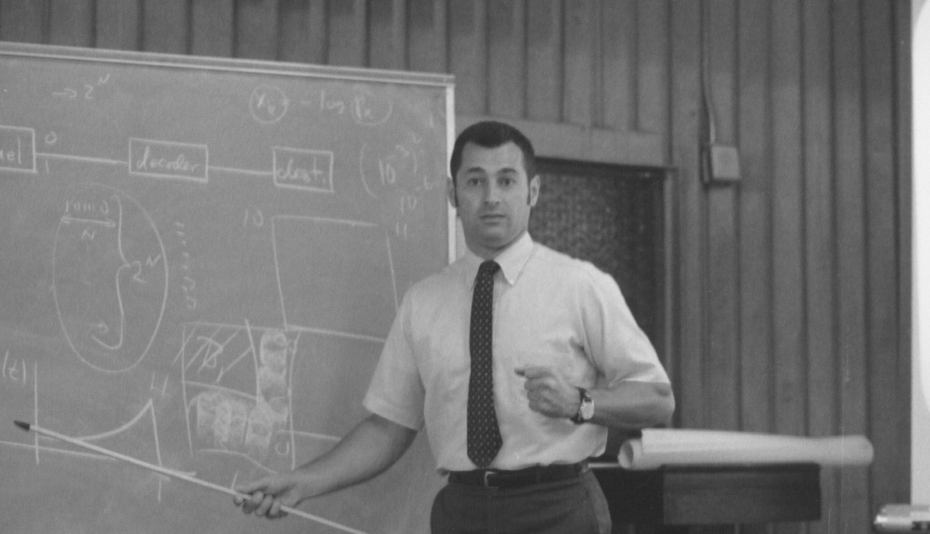As a child, David Blackwell taught himself to read by studying the seed packets in his grandfather’s general store. From there, it was as if his brain never stopped craving information and seeking out new ways to explore the world. By 16 he had fallen in love with mathematics and enrolled in college. By 22, he had abandoned his plans of becoming an elementary school teacher and earned a Ph.D. in Mathematics. Blackwell went on to make influential contributions in a huge range of subjects, especially statistics and probability. He has admitted that he was “sort of a dilettante” who simply liked solving problems, regardless of what mathematical or statistical field they fell under. Throughout his long career, he contributed to our understanding of probability theory, game theory, information theory, and other theories and disciplines. He analyzed bluffing in poker and used statistics to calculate the most opportune moment for a person in a duel to shoot. He used mathematics to understand multi-stage decision making and then saw his work applied in areas like defense and finance. His work on dynamic programming has been used in genetic analysis among other fields. A handful of theorems, equations, and concepts bear his name. His long and distinguished career saw him become the first African American elected to the National Academy of Sciences and the first African American tenured professor at UC Berkeley. Known for his infectious laugh and strong martinis, Blackwell loved teaching perhaps even more than he loved problem solving. The value of teaching, he said, was that “in transmitting it, you appreciate its beauty all over again.”
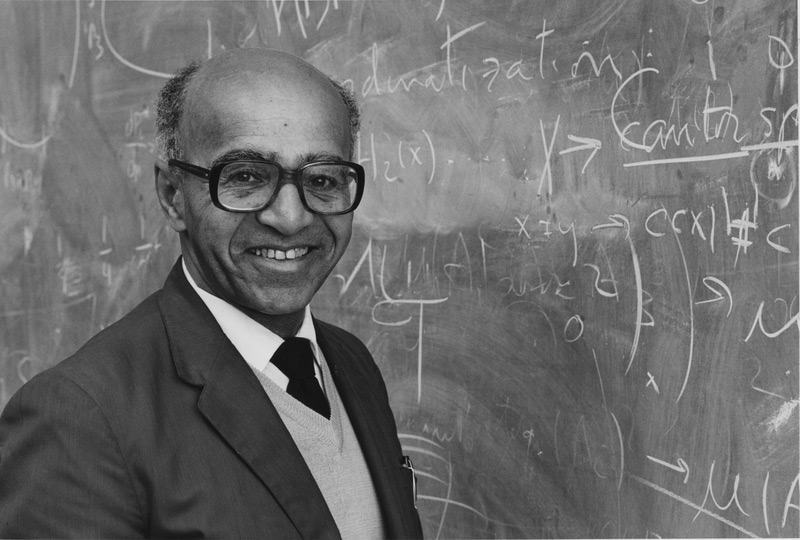
David Blackwell
- Mathematics And Computer Science
For fundamental contributions to probability theory, mathematical statistics, information theory, mathematical logic, and Blackwell games, which have had a lasting impact on critical endeavors such as drug testing, computer communications, and manufacturing.

